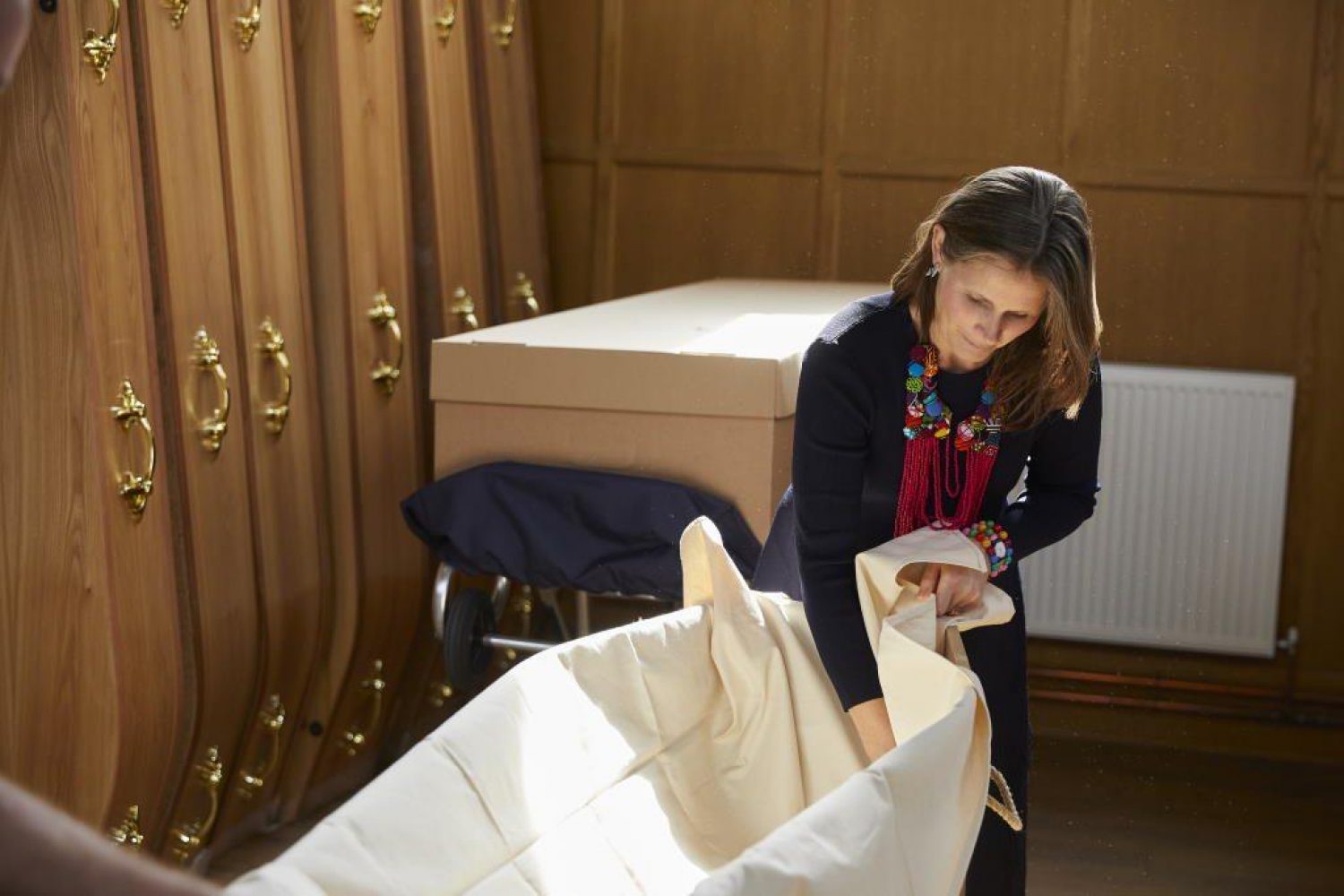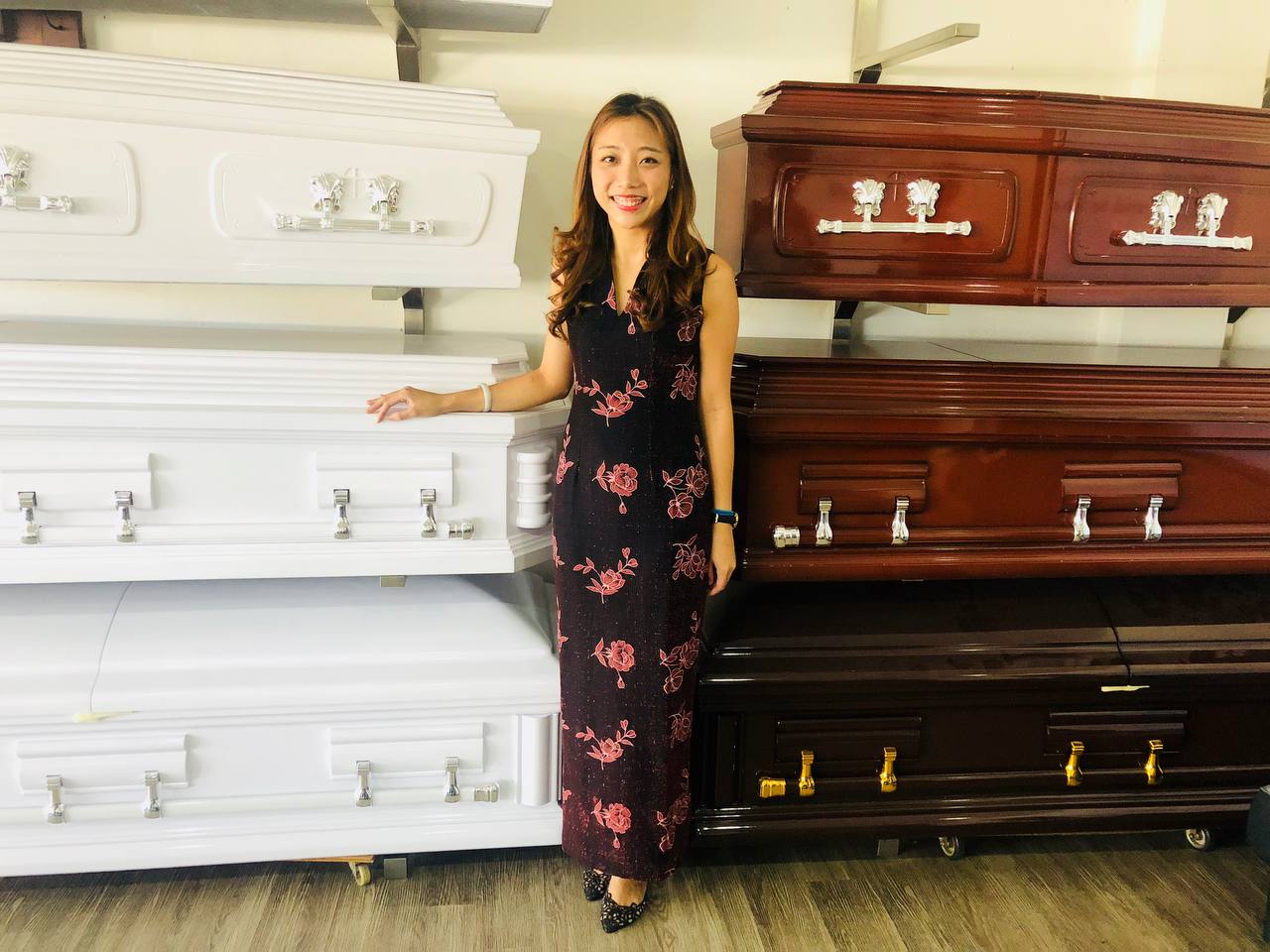Why Funeral Directors Are The Unsung Heroes Of Grief
Listen up, folks. Have you ever thought about what happens behind the scenes when someone we love passes away? Yeah, it's not the happiest topic, but it's real life, and that's where funeral directors step in. These unsung heroes play a crucial role in helping families navigate one of the toughest times of their lives. So today, we're diving deep into the world of funeral directors, exploring their responsibilities, challenges, and why they deserve more recognition than they often get.
Now, before you scroll away thinking this is just another boring article, let me tell you something: funeral directors aren’t just people who organize funerals. They’re counselors, planners, and sometimes even therapists. Their job is way more than just picking out caskets—it’s about guiding families through an emotional storm. And if you’ve ever been in that position, you know how overwhelming it can get. That’s where these professionals shine.
So, buckle up, because we’re about to take a closer look at what makes funeral directors so important. From their day-to-day responsibilities to the skills they need to do their job right, we’ll cover it all. And trust me, by the end of this article, you’ll have a whole new appreciation for these amazing individuals. Let’s get started, shall we?
Who Are Funeral Directors Anyway?
Okay, let’s break it down. A funeral director is basically the person who handles all the logistics and emotional support when someone passes away. Think of them as the glue that holds everything together during a chaotic time. They’re the ones making sure the funeral service runs smoothly while also being there for the family every step of the way.
What Do Funeral Directors Actually Do?
Here’s a quick rundown of their responsibilities:
- Arranging and coordinating funeral services
- Assisting families with paperwork and legal requirements
- Providing emotional support to grieving families
- Handling the transportation and preparation of the deceased
- Managing the financial aspects of the funeral
It’s a lot, right? And that’s just scratching the surface. Funeral directors wear many hats, and their job requires a unique blend of organizational skills, empathy, and professionalism.
The Skills Every Funeral Director Needs
Being a funeral director isn’t for the faint of heart. It takes a special kind of person to handle the emotional weight that comes with the job. Here are some key skills that every funeral director should have:
Empathy and Compassion
First and foremost, funeral directors need to be empathetic. They’re dealing with people who are going through one of the most difficult times of their lives, so being able to show genuine care and understanding is essential. It’s not just about saying the right words—it’s about truly listening and being there for the family.
Strong Communication Skills
Communication is key in this line of work. Funeral directors need to be able to explain complex processes in a way that’s easy to understand. Whether it’s discussing funeral arrangements or helping families navigate legal paperwork, clear communication is crucial.
Attention to Detail
Funeral directors have to be detail-oriented. From ensuring the service runs on time to double-checking all the arrangements, there’s no room for error. One small mistake can cause a lot of stress for the family, so precision is a must.
A Day in the Life of a Funeral Director
So, what does a typical day look like for a funeral director? Well, there’s no such thing as a “typical” day in this field. Every day brings new challenges and responsibilities. Some days might involve meeting with families to plan a funeral, while others could be spent coordinating with vendors or handling administrative tasks.
Meeting with Families
One of the most important parts of a funeral director’s job is meeting with families to discuss their needs and preferences. This involves everything from choosing a casket to deciding on the type of service. It’s a delicate process that requires a lot of patience and sensitivity.
Coordinating Services
Funeral directors also spend a lot of time coordinating with other professionals, like florists, musicians, and clergy members. They make sure everyone is on the same page and that everything is ready for the day of the service.
The Emotional Toll of Being a Funeral Director
Let’s not sugarcoat it—being a funeral director can take a toll on your mental health. Dealing with grief and loss on a daily basis isn’t easy, and it’s important for funeral directors to have healthy coping mechanisms in place. Many of them seek support from colleagues, therapists, or support groups to help them process the emotions they experience at work.
Self-Care for Funeral Directors
Self-care is vital for funeral directors. Whether it’s taking a break to recharge or practicing mindfulness techniques, finding ways to manage stress is essential for their well-being. Some funeral directors even participate in peer support programs to connect with others in the industry and share experiences.
The Business Side of Funeral Directing
While the emotional side of the job is often highlighted, there’s also a significant business aspect to being a funeral director. Funeral homes are businesses, after all, and directors need to be savvy when it comes to finances and operations.
Financial Management
Funeral directors are responsible for managing the financial aspects of the funeral, including billing, payments, and budgeting. They need to ensure that families are aware of the costs involved and help them make informed decisions based on their budget.
Marketing and Promotion
Believe it or not, funeral homes also need to market themselves. Funeral directors may engage in community outreach, attend local events, or use digital marketing strategies to build relationships with potential clients. It’s all about building trust and establishing a reputation for excellence.
Funeral Directors and Technological Advancements
Technology has had a significant impact on the funeral industry in recent years. From online memorials to virtual funerals, funeral directors are adapting to new trends and tools to better serve their clients.
Virtual Funerals
With the rise of remote work and social distancing, virtual funerals have become increasingly popular. Funeral directors now offer live streaming services so that family and friends who can’t attend in person can still participate in the service. It’s a great way to bring people together, even when they’re miles apart.
The Future of Funeral Directing
So, what does the future hold for funeral directors? As society continues to evolve, so does the funeral industry. We’re seeing more eco-friendly options, personalized services, and innovative technologies that are changing the way we approach death and mourning.
Sustainability in Funeral Services
More and more people are choosing green burials and eco-friendly options for their loved ones. Funeral directors are embracing these trends by offering biodegradable caskets, natural burial grounds, and other sustainable practices. It’s all about giving families choices that align with their values.
Why Funeral Directors Matter
At the end of the day, funeral directors matter because they help us say goodbye in a meaningful way. They provide comfort, guidance, and support during one of the most challenging times of our lives. Their work may not always be visible, but its impact is undeniable.
Recognizing Their Contributions
It’s time we recognize the hard work and dedication of funeral directors. Whether it’s through expressing gratitude or simply acknowledging their role in our communities, we can all do our part to show appreciation for these unsung heroes.
Conclusion
In conclusion, funeral directors play a vital role in helping families navigate the complexities of grief and loss. From arranging services to providing emotional support, their contributions are invaluable. As we’ve explored throughout this article, being a funeral director requires a unique set of skills, a strong sense of compassion, and a commitment to serving others.
So, the next time you meet a funeral director, take a moment to thank them for their work. And if you’re considering a career in this field, know that it’s a challenging but incredibly rewarding path. Remember, these professionals are the backbone of our communities, and they deserve our respect and admiration.
Now, it’s your turn. What do you think about the role of funeral directors? Have you ever worked with one? Share your thoughts in the comments below, and don’t forget to share this article with your friends and family. Together, let’s give funeral directors the recognition they truly deserve!
Table of Contents
- Who Are Funeral Directors Anyway?
- The Skills Every Funeral Director Needs
- A Day in the Life of a Funeral Director
- The Emotional Toll of Being a Funeral Director
- The Business Side of Funeral Directing
- Funeral Directors and Technological Advancements
- The Future of Funeral Directing
- Why Funeral Directors Matter
- Conclusion
Meagan Good: The Rising Star Who Defines Modern Hollywood
Chester Bennington: The Voice That Defined A Generation
Department Of Education: Unlocking The Keys To Quality Learning And Empowering Tomorrow's Leaders

301 Moved Permanently

femalefuneraldirector3 ZULA.sg

femalefuneraldirector7 ZULA.sg